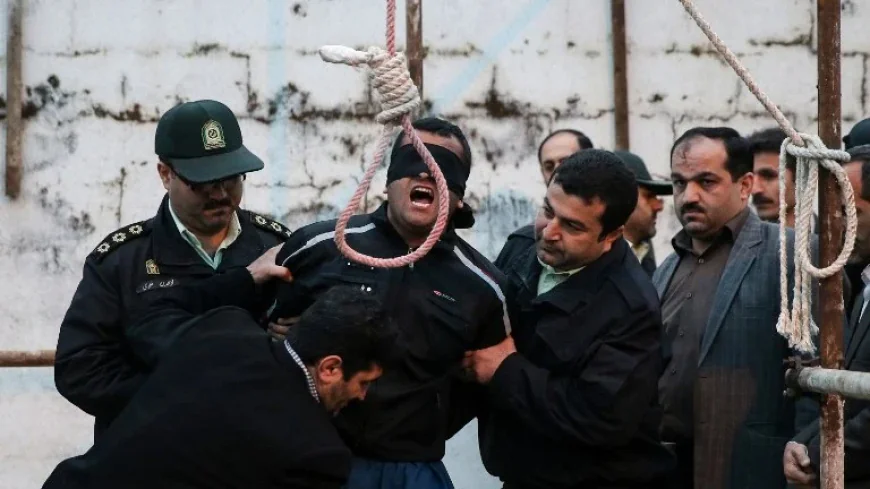Iran Executes Alleged Mossad Spy as Crackdown on Suspected Israeli Agents Intensifies
Iran has executed Esmail Fekri, accused of spying for Israel’s Mossad. Authorities report more arrests amid rising tensions, including two Israelis and a 13-year-old detained in Tel Aviv.

Iran announced on Monday the execution of Esmail Fekri, a man convicted of spying for Israel’s Mossad intelligence agency, in what marks the third such execution in recent weeks.
Fekri was arrested earlier this year and, according to Iranian officials, attempted to sell classified information in exchange for money. His trial was fast-tracked under Iran’s wartime judiciary protocols, which prioritize national security cases during active conflicts.
The country’s top judicial authority, Gholamhossein Mohseni Ejei, said in a statement that suspected Israeli spies will be “dealt with swiftly” amid ongoing hostilities between the two nations. “There can be no delay in punishing those who aid the enemy,” he added.
Espionage Crackdown Expands
The execution comes as Iran intensifies a nationwide crackdown on individuals suspected of collaborating with Israeli intelligence. Authorities say several more arrests have been made since Friday, with Iranian state media claiming those detained were working to gather or transmit sensitive information to foreign agencies.
In a development drawing international attention, two Israeli nationals were arrested on Sunday inside Iran on charges of espionage. The Iranian government has not yet released details about their identities or the alleged offenses.
Also Read: IDF Destroys Over 120 Iranian Missile Launchers, Hits 100 Military Sites in Isfahan
Adding to the growing controversy, officials in Tel Aviv confirmed that a 13-year-old boy was detained last week under suspicion of engaging in intelligence activities on behalf of a foreign entity. His case remains under review, and the details remain unclear.
Heightened Tensions and Accusations
The recent actions come amid a sharp escalation in the Israel-Iran conflict, including missile strikes, cyberattacks, and mutual threats of retaliation. Both nations have accused each other of espionage, assassination plots, and acts of sabotage in recent years.
Israel has not officially commented on Fekri’s execution or the latest arrests, though its intelligence services have long been accused by Tehran of operating covert networks inside Iran.
Human rights organizations have expressed concern over Iran’s use of capital punishment, particularly in politically sensitive cases. They have called for greater transparency in the judicial process and independent monitoring of trials involving espionage charges.
As the crisis deepens, the arrests and executions mark a troubling trend of hardening stances, with espionage accusations becoming another volatile front in the broader conflict.


